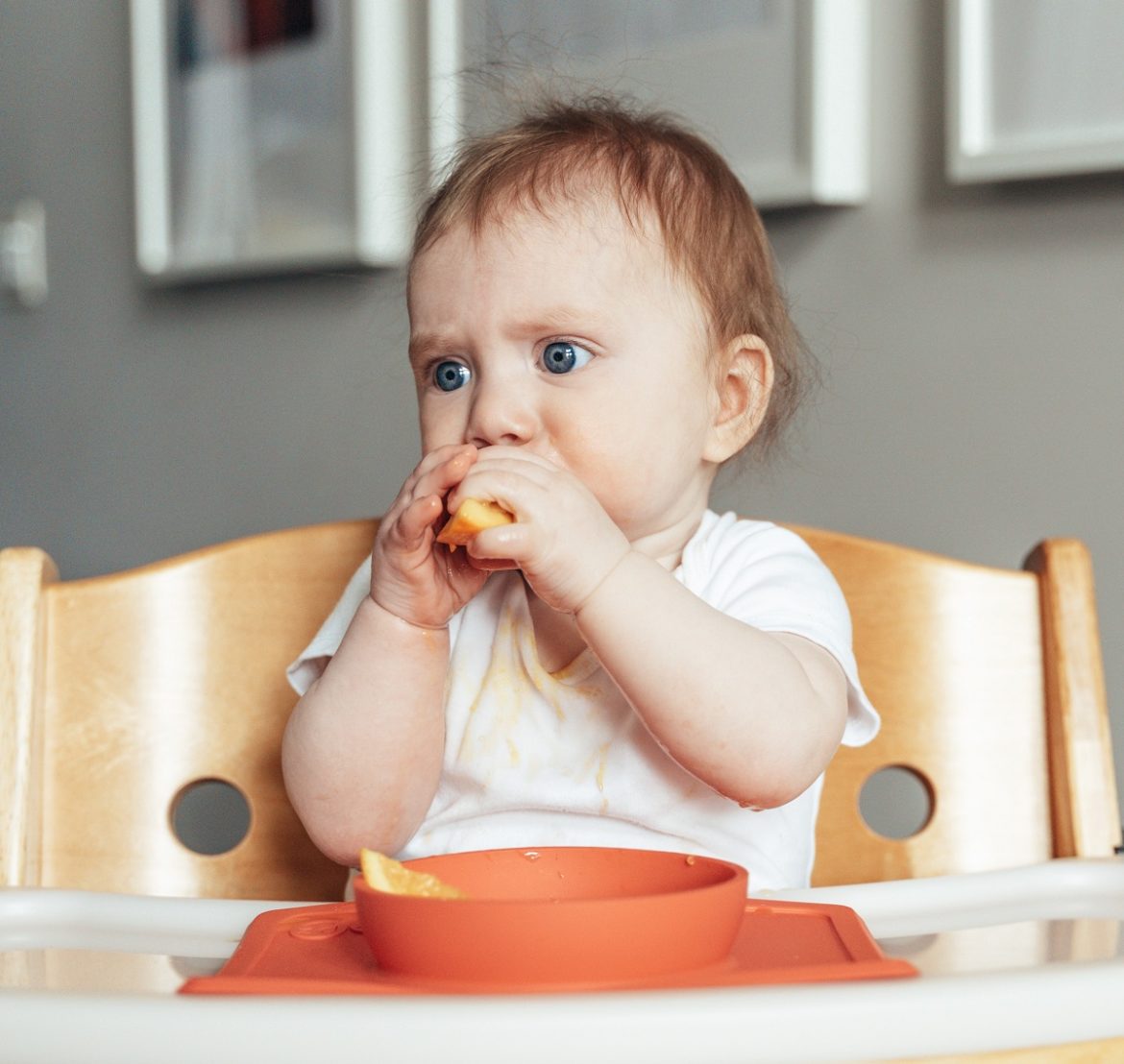Being a new mom requires a lot of patience, effort, and time – being able to bring a child into the world gives you a new set of responsibilities on a journey to raise a child and create a new family. When you’re a new mom who has a lot of questions about what to give your child or even how to handle them, you may just be bombarded with your thoughts. Yet, just a heads up; it is normal to feel that way. It just means that you aim to bring and provide the best for your child, making you able to care for a newborn.
Still, somehow, you may be wondering when to start teaching your infant to eat solids. As babies tend to rely on breastmilk, you’re quite not sure when to have them eat something beyond liquids, being independent when chewing. In any case, you start introducing solid food to them but they aren’t much prepared yet, it may cause a hazard – and as a parent, that’s the last thing you want for your kids.
When do you start?
We all know that infants are very much reliant on breast milk. However, as they start to grow up, it may be best to introduce them to other food other than milk. The best time to start introducing them to solids is at 4-6 months, but it is most likely to pair them with milk or any other nutritional liquids, where they can be dissolved quite well and swallowed easily.
Most parents actually get powdered cereals that are often mixed with milk. These soft food are valuable to add more nutrition to the infant, where they can get many nutrients beyond what milk can offer. By introducing them to soft food, infants will be likely drawn to trying food outside of what you give them, and it is recommended to provide them with something healthy and organic, improving their overall health and facilitating their growth as well.
How do you know if it’s “really” the right time?
Introducing solids to babies varies. Some kids might need to be breastfed for some time, and some may be okay for solids already. Still, normally, these signs can mean that your baby is good for solids:
a. They already have good neck control and can sit upright without being unbalanced; meaning, their head does not drop, and is straight so solids can travel well from their mouth to their esophagus and down to their stomach.
b. They do not reject food or do not push food out of their mouth. Babies have a tongue reflex that rejects solids and only accepts liquids, however, these reflexes normally disappear as they reach 4-6 months old.
c. They are already big enough or they are way close or twice as much as their weight by the time they were born.
d. The best indication would probably be when they are very interested in trying new food. For instance, when you take out an apple and they tend to clasp their hands as if they want to try it, or when they open their mouths when others eat.
How should you start?
Solid food intake for infants does not mean they are good at eating what adults eat. As babies are still developing their teeth for chewing, it is recommended for parents to give them soft food mixed with breast milk or infant milk. This generally includes cereals, or other powdered formulas for them to be familiar with the taste, and then have another type of food eventually. Still, do them in portions; not too much as it will lead to obesity when uncontrolled; more nutritional value in big portions can mean too much for their body and beyond what is only suitable for them.
By then, when they already get the hang of eating, you may introduce food that is high in nutritional value. You can include fruits, tenderized meat, yogurt, lentils, and vegetables as well. Consequently, these solids must be minced or diced, to be able to facilitate the chewing and digesting process of babies. More so, you can try one food at a time to slowly make your infants get used to it, and then try another if possible.
If you feel extra, you can also try juicing fruits and then giving them to them. This makes you even more sure about what they like and what they don’t. This, on the other hand, also prevents choking hazards for your babies. Food intake in the form of liquids makes it safer for your babies and you, letting them take the food easily and you’ll know what they want as well.
Pro tip: Always ask your pediatrician
When all else fails, it is strongly suggested to reach out to your pediatrician to know better about solid food introduction to your infant. Each baby varies independently; 4-6 months may be the average age for parents to introduce infants to solid food, but things like weight, nutrition, and allergens must always be given importance because, in the end, your baby’s safety is what you are aiming for. Hence, always ask them when and how to give security and provide the best time for solid food intake of your baby.
Nonetheless, introducing babies to solids should not be in a rush. While additional food provided them with added nutrients, the best intake for them must always be milk. May it be breastmilk or formula milk, they always provide a higher chance for infants to be healthy and protected – a perfect mix of vitamins and minerals should always go right.
Photo by Enrique Hoyos: https://www.pexels.com/photo/baby-sitting-in-a-feeding-chair-and-eating-11957376/

